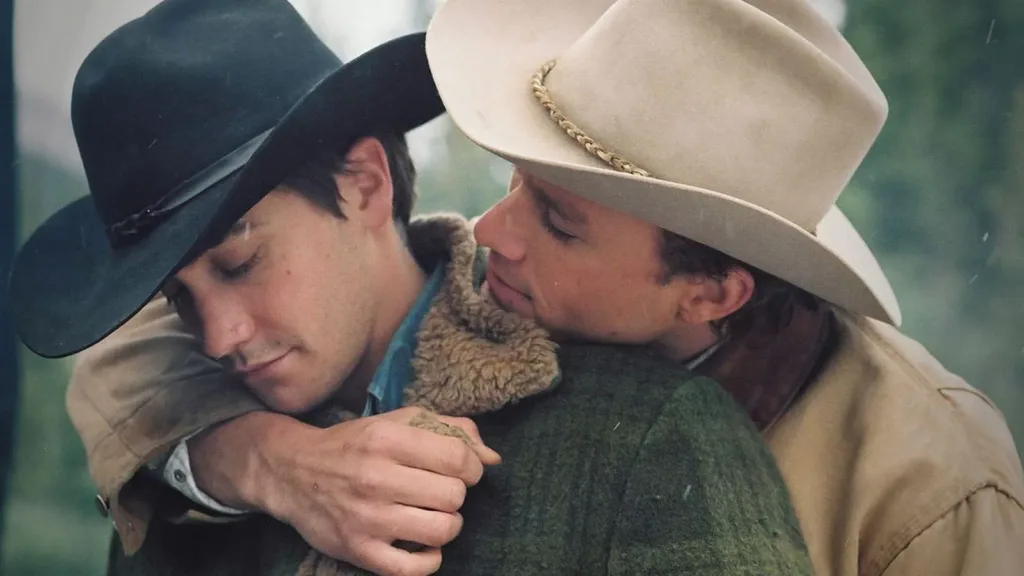Brokeback Mountain co-writer Diana Ossana says she realised the film’s 2006 Oscar dream was over when, at a nominees’ party after voting closed, director Paul Haggis quietly told her that Clint Eastwood “hasn’t seen your movie,” a revelation she likened to “somebody kicking me in the stomach.”
Ossana’s account, first reported this week during the picture’s 20th-anniversary press tour, revives debate over how the gay Western—then a critical and commercial frontrunner—lost best picture to Crash. The screenwriter argues that a bloc of voters who never watched the film, some of whom had publicly dismissed its subject matter, allowed ingrained homophobia to tip the outcome.
Brokeback had dominated precursor awards, winning the Golden Globe, BAFTA and more before the Academy ceremony; it still collected statuettes for direction, adapted screenplay and score. Industry veterans note that earlier snubs included Oscar voters Ernest Borgnine and Tony Curtis saying they would not view the movie, evidence Ossana cites in insisting bias played a decisive role.
Eastwood, 95, has not responded to the latest story, and there is no indication he deliberately avoided the film. The director, who signed Supreme Court briefs supporting same-sex marriage in 2013 and has repeatedly said he “doesn’t give a damn” who marries whom, has long defied easy ideological labels. Film scholars point out that his own work, from Million Dollar Baby to J. Edgar, often challenges orthodox social views.
The renewed controversy coincides with Focus Features’ nationwide re-release of Brokeback Mountain, screening in U.S. cinemas on 22 and 25 June ahead of wider engagements through July. A Vanity Fair retrospective credits the film with transforming “gay-cowboy punch-line” jokes into mainstream acceptance, while a fresh Time essay argues its restrained portrayal of intimacy now invites both praise and critique from younger audiences.
As ticket buyers revisit Ang Lee’s Wyoming love story, the Eastwood episode underscores how cultural attitudes—and Academy voting habits—have shifted in two decades, even while questions of inclusion and visibility persist.
